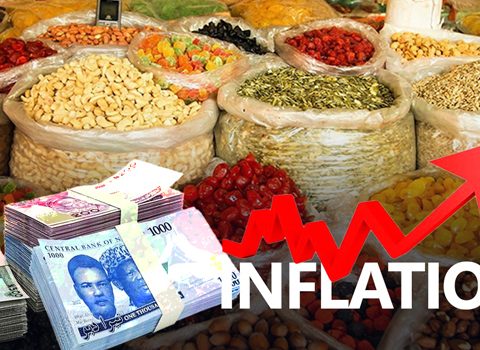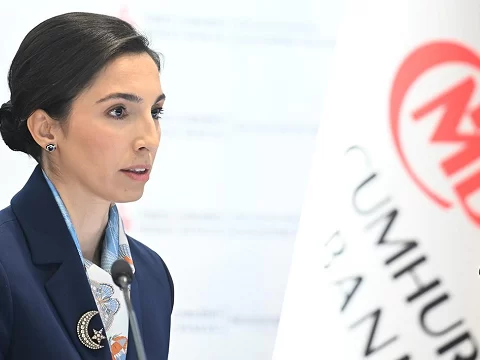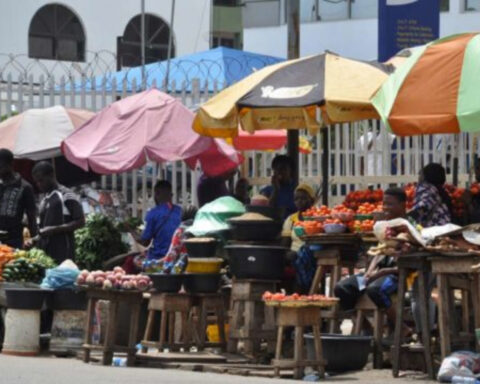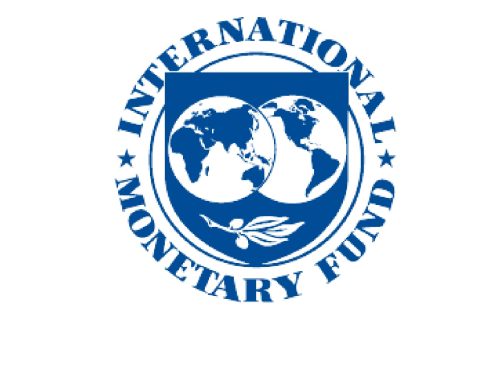A flurry of major economic and political decisions last week reverberated across global markets, offering a vivid snapshot of an increasingly fragile and interconnected world economy.
From Washington to Abuja, policymakers are grappling with the challenge of keeping growth alive while taming inflation and safeguarding social stability.
In the United States, the Federal Reserve delivered its first interest-rate cut of the year a bid to cushion a cooling labor market that immediately sent conflicting signals through stocks, bonds, and housing finance.
Join our WhatsApp ChannelAlmost simultaneously, the Trump administration injected fresh uncertainty into corporate boardrooms and immigrant communities with a surprise $100,000 fee on H-1B visa applications, rattling technology firms and U.S. allies alike.
Across the Atlantic, Africa’s largest economy offered a rare dose of relief. New data from Nigeria showed a welcome slowdown in inflation, easing pressure on households and giving policymakers valuable breathing room after months of steep price increases. Together, these developments underscore how decisions in one capital can ripple far beyond national borders, forcing governments and central banks to strike an ever-delicate balance between economic growth, political risk, and the persistent threat of inflation.
Fed Delivers First Rate Cut of 2025
The U.S. Federal Reserve lowered its benchmark lending rate by 25 basis points to a range of 4.00%–4.25%, marking its first cut of the year. Fed Chair Jerome Powell described the move as a “risk-management” step following weaker employment data and signs of a cooling labor market.
Equity markets cheered the decision, with major U.S. stock indices hitting record highs. But bond traders sold off long-term Treasuries, driving the 30-year yield up to 4.75% and the 10-year to 4.14%. The rise in yields has already translated into higher mortgage rates, threatening to slow the housing market just as borrowing costs had begun to ease.
READ ALSO: Nigeria’s Inflation Drops to 20.12% in August, Offering Relief to Households, Businesses
Bank of Ghana Cuts Policy Rate To 21.5% Amid Declining Inflation
Trump’s Surprise Visa Fee Jolts Global Workforce
In Washington, the Trump administration shocked global businesses by announcing a $100,000 fee on new H-1B visa applications. The sudden order initially lacked clarity on whether renewals or existing holders would be affected, prompting panic among immigrant workers and multinational companies.
Tech giants including Microsoft, Amazon, and Goldman Sachs issued urgent travel advisories, while India and South Korea lodged diplomatic complaints. Reports surfaced of canceled trips and employees rushing back to the U.S. before the order took effect. The White House later clarified that the fee is a one-time charge on new petitions only, contradicting earlier comments from Commerce Secretary Howard Lutnick that suggested an annual payment.
Nigeria’s Inflation Slides for Fifth Month
Nigeria posted its fifth straight month of disinflation, with headline inflation easing to 20.12% in August 2025 from 21.88% in July, according to the National Bureau of Statistics. Month-on-month inflation slowed to 0.74%, while food inflation dropped sharply to 21.87% year-on-year from 37.52% a year earlier, driven by falling prices of staples such as rice, maize flour, and millet. Core inflation, which excludes food and energy, moderated to 20.33% year-on-year but edged slightly higher sequentially to 1.43% from 0.97% in July.
The Bigger Picture
The Fed’s cautious rate cut offers short-term relief for borrowers but signals ongoing tension between supporting growth and containing inflation.
The Trump administration’s visa levy underscores the economic and diplomatic costs of unpredictable policy shifts, while Nigeria’s easing inflation provides some respite for households but remains vulnerable to structural pressures.
Together, these developments reveal a global economy walking a tightrope where policy missteps or external shocks could quickly tip markets, jobs, and living costs in unpredictable directions.
Amanze Chinonye is a Staff Correspondent at Prime Business Africa, a rising star in the literary world, weaving captivating stories that transport readers to the vibrant landscapes of Nigeria and the rest of Africa. With a unique voice that blends with the newspaper's tradition and style, Chinonye's writing is a masterful exploration of the human condition, delving into themes of identity, culture, and social justice. Through her words, Chinonye paints vivid portraits of everyday African life, from the bustling markets of Nigeria's Lagos to the quiet villages of South Africa's countryside . With a keen eye for detail and a deep understanding of the complexities of Nigerian society, Chinonye's writing is both a testament to the country's rich cultural heritage and a powerful call to action for a brighter future. As a writer, Chinonye is a true storyteller, using her dexterity to educate, inspire, and uplift readers around the world.
















